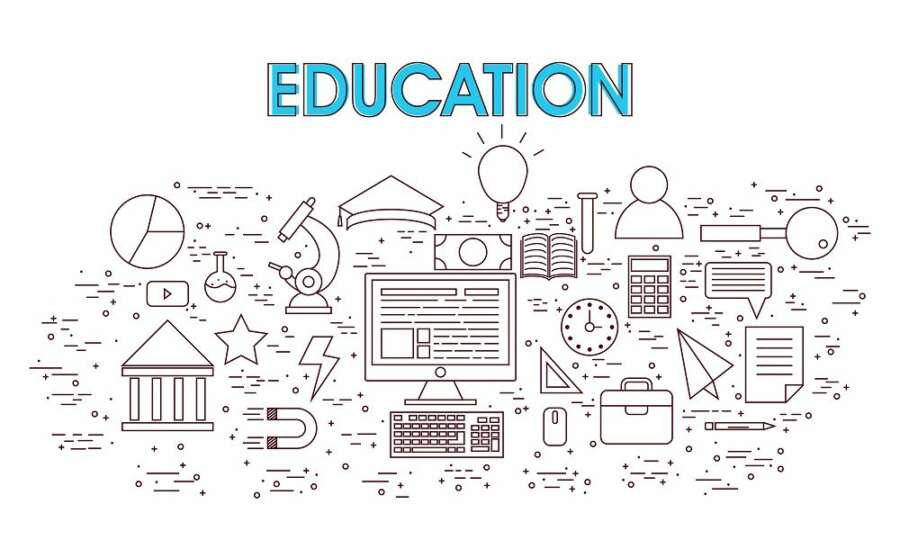
What are the unmet needs in education and learning for the twenty-first century?

By Martin Brigham, Worldwide Academic Director of the International Masters Program for Managers (IMPM).
Think back to the last education, training and development course you attended. No doubt it was good, and you picked up some helpful ideas, but it likely focused on training and techniques without really providing you with new horizons for your business or challenging your way of thinking.
You considered the benefits of a programme that can take you away for the day-to-day running of your organisation, but do you feel like you have the time? This is one of the critical issues that educators are preoccupied with around the world, especially for experienced professionals, but also for spheres of education for the upcoming talents.
When the course finished, you returned to the usual thorny dilemmas and conundrums that require your judgement and decisions. A few days later, the course you had just completed became a somewhat distant memory as you become immersed in another hectic week of meetings, visits to customers and partners, contributing to developing the organisation’s strategy for the next 3-5 years, monitoring key performance targets and numbers and responding to a crisis in one part of the organisation.
You might also remember wishing you had more time to interact with your fellow peers on that programme you attended. The grand challenges your organisation and our societies face will require new levels of ambition when it comes to collaboration and working with others. This is because there are limits to the scope and scale of individual action. This’ll entail collaboration and co-creation between peers and colleagues becoming an end in itself and not just a means to an end. How to make collaboration an end for an elevated purpose will require educators to provide new ways of thinking about and new concepts of collaboration.
Since the financial crisis in 2008-09, many companies, in the UK but elsewhere in Europe and the US too, have reduced their company-level focus on developing staff with support with generalist capabilities that come with executive education. The first-order response in a crisis might be to reduce investment in education and learning. But that would be a mistake, as long-term and smart investors know, the second-order response is to double down on investment as others reduce their investment budgets and think about short-term. We see this second-order thinking in parts of East Asia, notably in China, Japan and South Korea. Companies are investing consistently developing their staff, across all levels, to the highest levels, to build organisation-wide capabilities for the future. It is the same for international research: countries and regions that invest in R&D are the most innovative and create new sources of value.
There are immense and measurable benefits to company-level thinking about education and learning. Research evidence worldwide over many decades is clear that people are motivated and are more engaged when they have autonomy over their work: when they are trusted as part of their role and judgement. Based on trust, professional services such as finance and accounting understand this already and education and learning can contribute significantly to this for the future. Future-facing organisations also understand that their staff are increasingly looking for ways and opportunities to develop themselves at work and beyond. Organisations that provide the most engaging opportunities and give time priority to education and learning will attract and retain talent and be more innovative.
Finance and accounting professionals are used to the concept of prudence (See the ACCA report on Prudence and IFRS, for example). The term prudence originates from the Latin prudential, meaning “foreseeing, foresight and practical judgement.” In an era of digital disruption, geo-political tension, and climate change, education and learning for what can be called “life-wide learning” is more important than ever. Focusing on this will create the conditions for better and measured decisions based on understanding the context of action – for practical judgement.
But what does practical judgement mean? The four most important words for anyone in the public, private or not for profit sector today are – 1) What 2) Do 3) You 4) Think? Thinking and with it the ability to understand not only how to act, but also the premises and values associated with any action, is at the heart of education for the future. It is no longer enough to know the most – it was probably never enough, but now with AI, machine learning will become the smartest, at least in terms of assembling existing state-of-the-art knowledge.
Education and learning in the future will require a greater focus on individual and collaborative reflection and reflexivity – tapping into one’s experience and learning with others to delve into logic and meaning of action to rethink the future. The UK has a long history and world-leading reputation of liberal education – of life-world learning. It has, in fact, been one of the defining features of a good education for millennia, and it is one reason why UK education is highly respected around the world. We must set new standards and learn anew what thinking means for our complex, uncertain and disrupted future.


